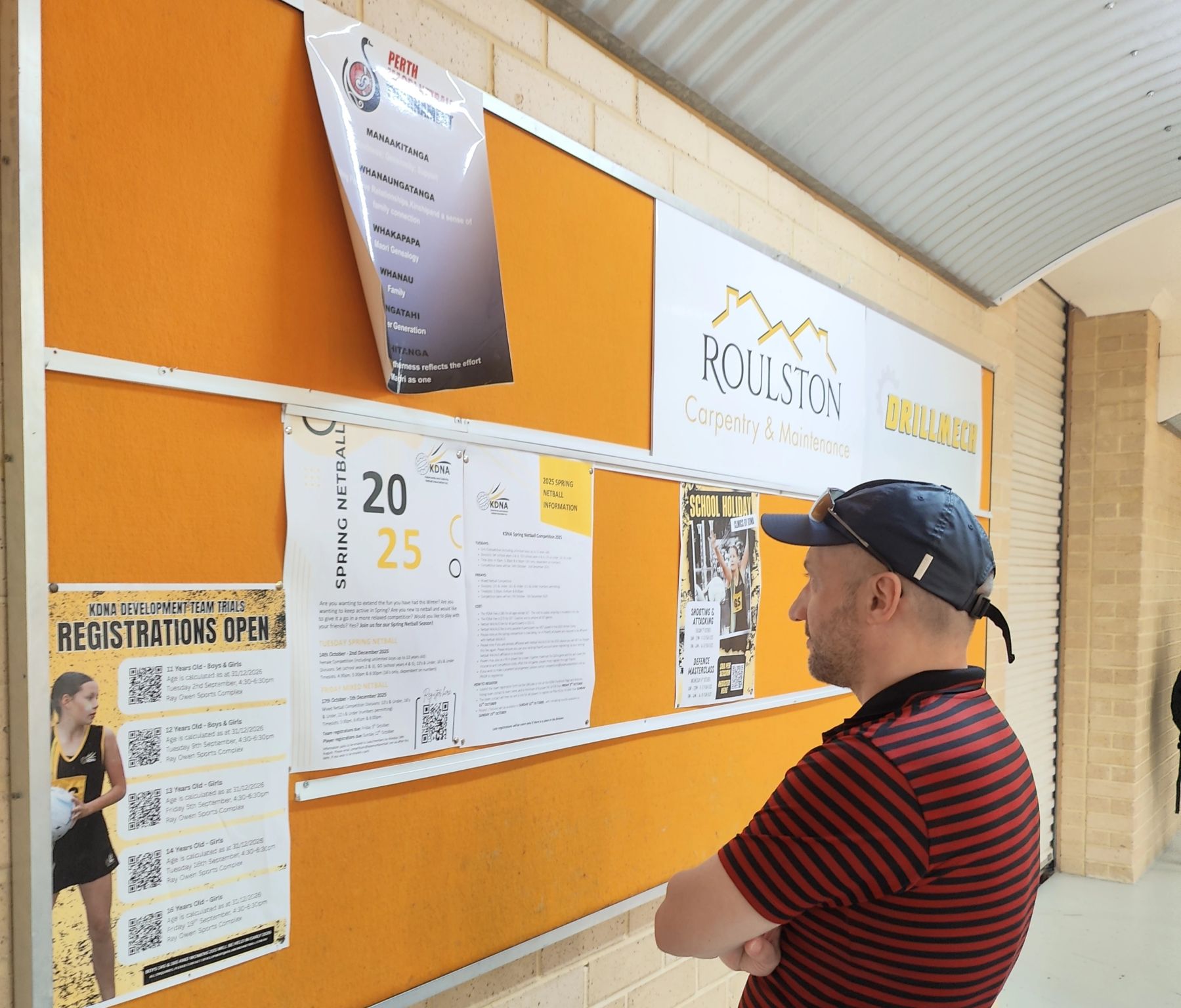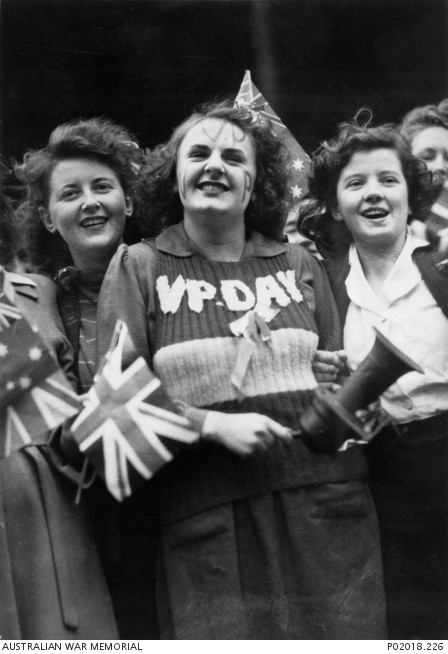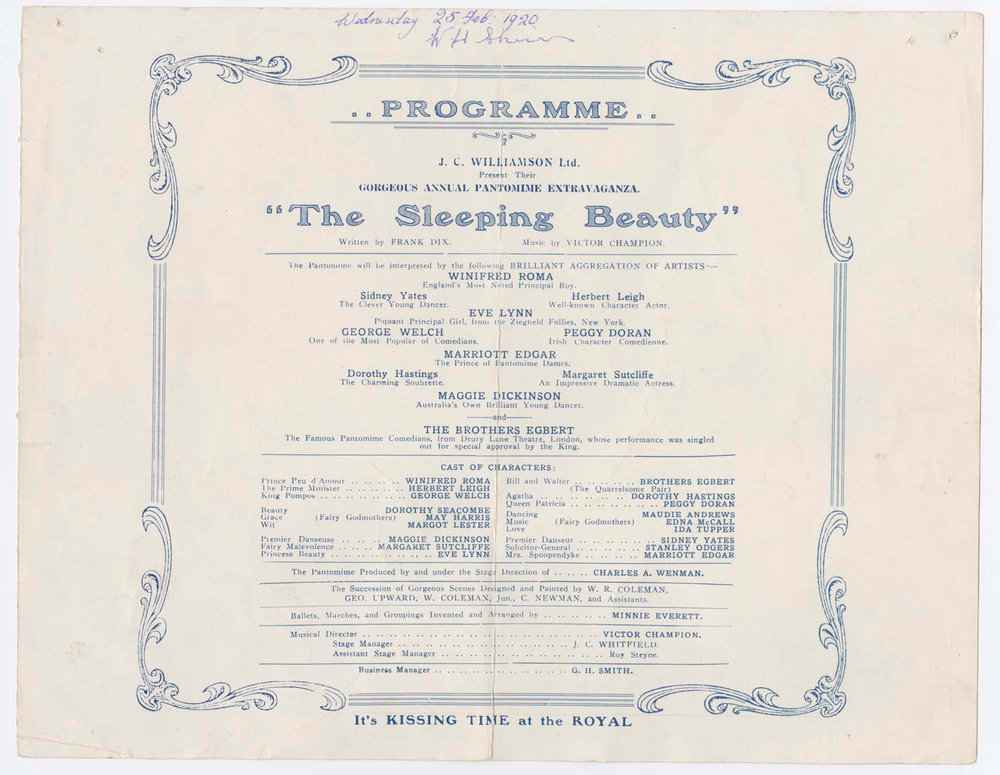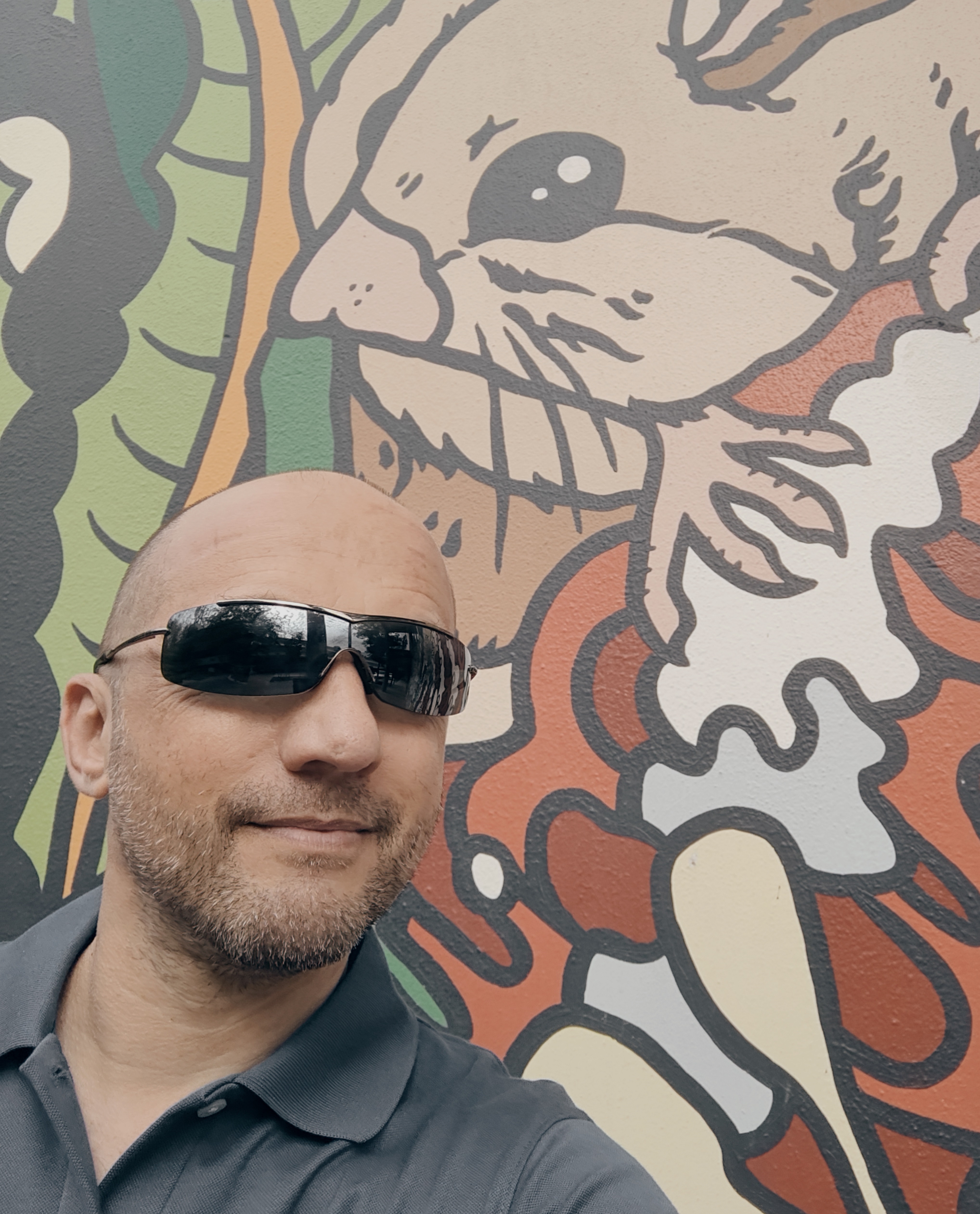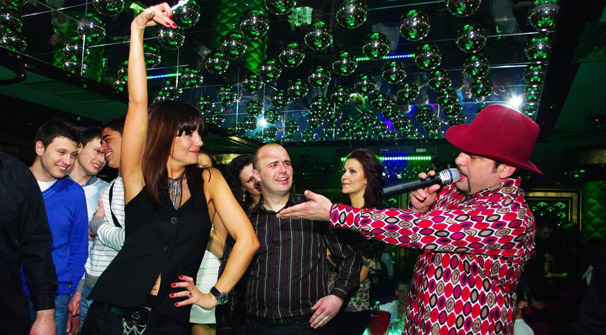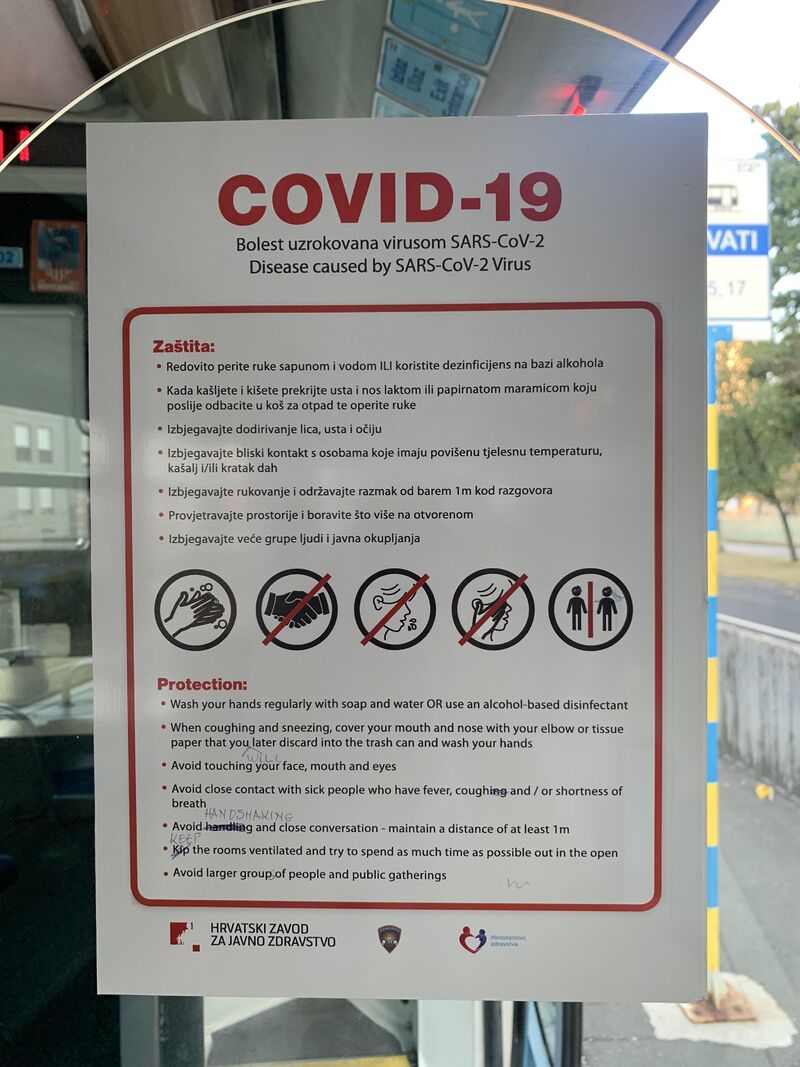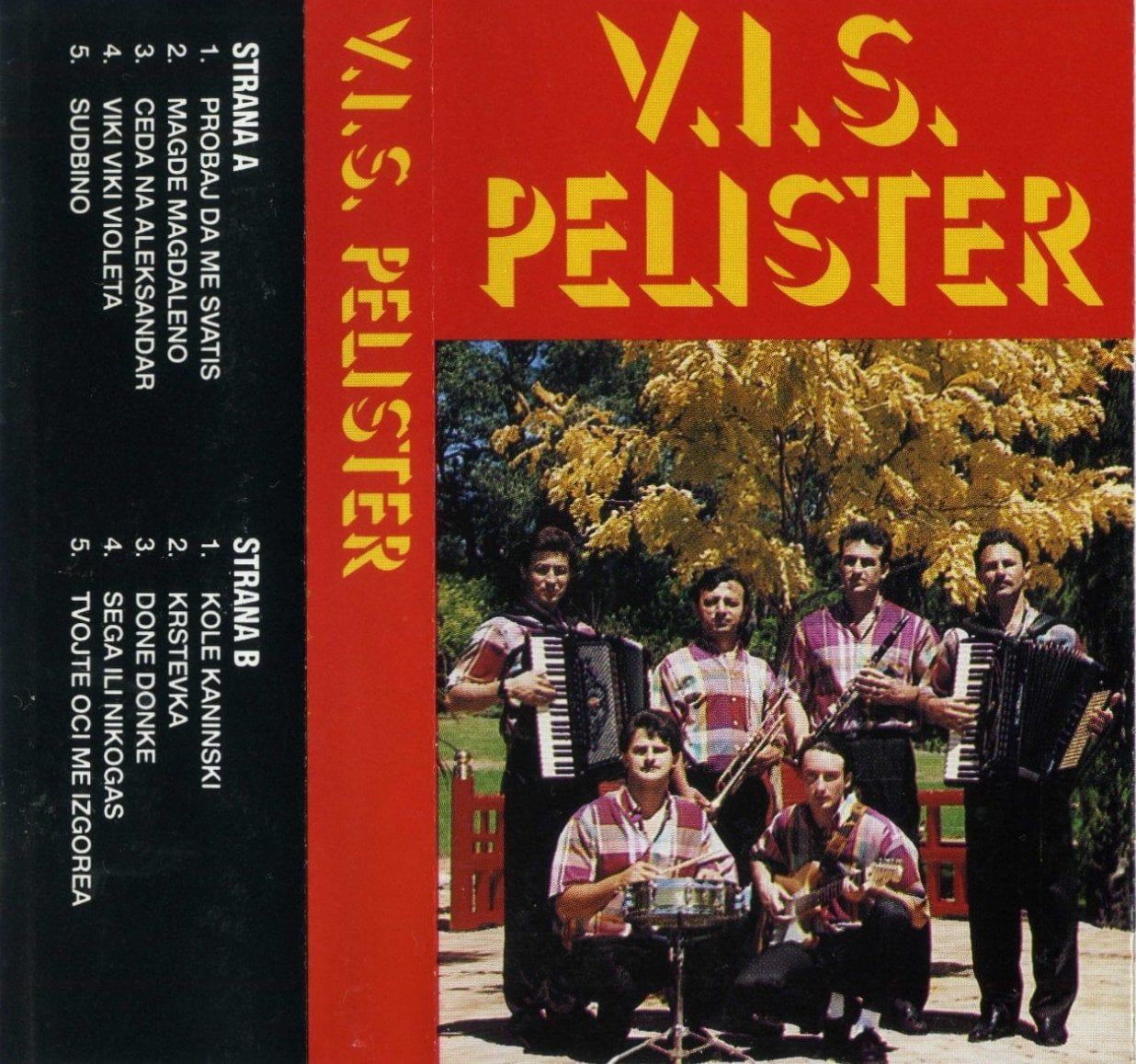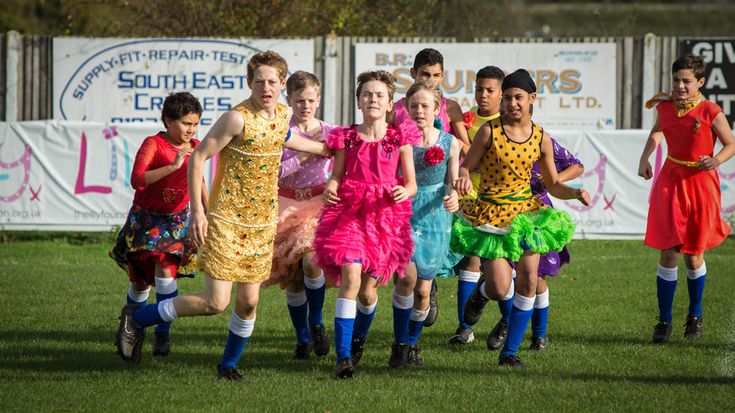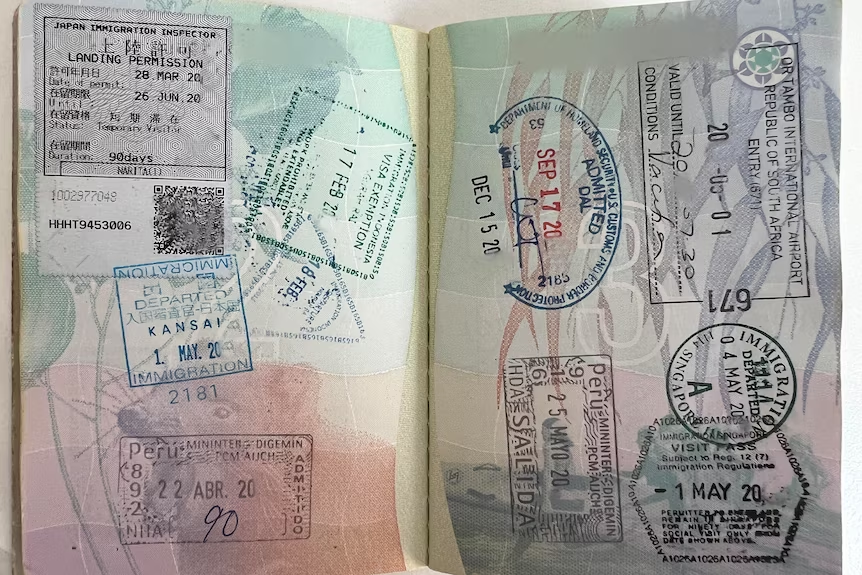Do you have any idea what is or even how to say the name of this street? ⤵️

🛣 Let's talk about street names and whether they should be translated.
Social media in Serbia and the wider region has had a field day making fun of the new street signs in Belgrade, with their ridiculous half-English, half-Serbian renditions. The picture above shows the sign for what is 'ulica Džordža Vašingtona', literally 'George Washington Street'.
The immediate reaction has been these signs are more symbolic of the incompetence from the corruption and nepotism that permeate bureaucracy in the region – a classic case of an 'uhljeb' in action, to use the local term.
What is an ‘uhljeb’?
Originally a Croatian term but now encountered all throughout ex-Yugoslavia due to the phenomenon being a central feature of Balkan bureaucracy, an ‘uhljeb’ (from the pre-Slavic ‘xlěbъ’ meaning ‘bread’ and here meaning something like ‘feeding off’. i.e. ‘parasite’) is ‘a public sector employee whose main “competence” is membership of a political party or a nepotistic relationship’. These are the people who do very little to nothing except ensure they take their pay and act as yes-men for those higher up who put them in their positions. Part of the job is also handing out lucrative contracts to relatives and friends, who are ‘uhljebi’ themselves in that they usually have none of the skills or knowledge required for the job.
In this case, Serbs are immediately sensing that some government official got their son or daughter who ‘gets top marks in school in English’ to do the job and pocket the 400,000-euro budget allegedly allocated for these new signs. The result is that these signs are of little help for the increasing number of foreign tourists visiting Belgrade.

💡 The golden rule with street names is that they should be left in their original form. I mean, you won't go far if you asked Parisians the way to the 'Elysian Fields' (Champs-Élysées) or if a Serbian-speaker asked a New Yorker where is 'Široka staza' ('Broadway'). This includes the street prefix/suffix, e.g. Londoners won't understand 'ulica Oksforda' but they know 'Oxford Street'.
Nenad Tomović, an English professor at the University of Belgrade, also gave an example to the Serbian media where translating street names can cause a major inconvenience...
If a tourist asked a local in Belgrade the directions to 'Avala Street' instead of 'ul. Avalska', even if the local understands English (most don't), more than likely they will think the tourist wants to go to Avala, a hill on the edge of the Belgrade many kilometres away from ul. Avalska, atop of which is an imposing brutalist TV tower – a popular tourist site

As always, there are a handful of exceptions where a street or place name has a popularised translation. One example is Krasnaya ploshchad in Moscow, which you most likely know as 'Red Square'.
✅ So remember, for communication sakes it's best to keep street names and addresses in their original form!
To avoid the embarrassment that Belgrade is now facing with its silly street signs, best go for someone who knows what they're doing, i.e. a professional translator like me! Drop a line to info@nicknasev.com and let's see how I can help you best communicate with your customers worldwide!




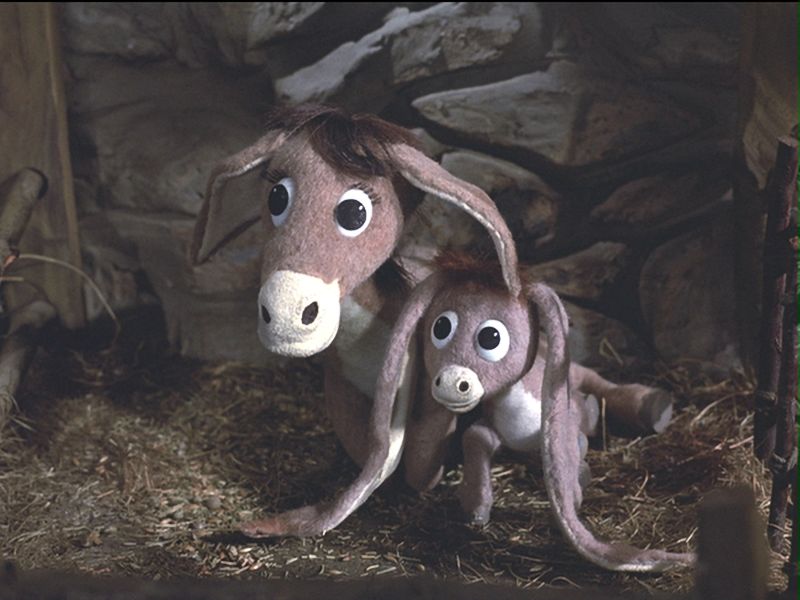





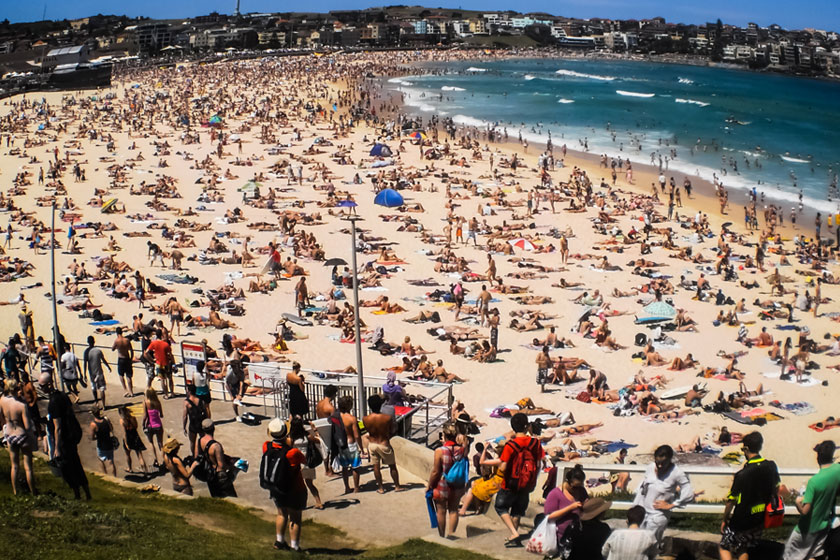

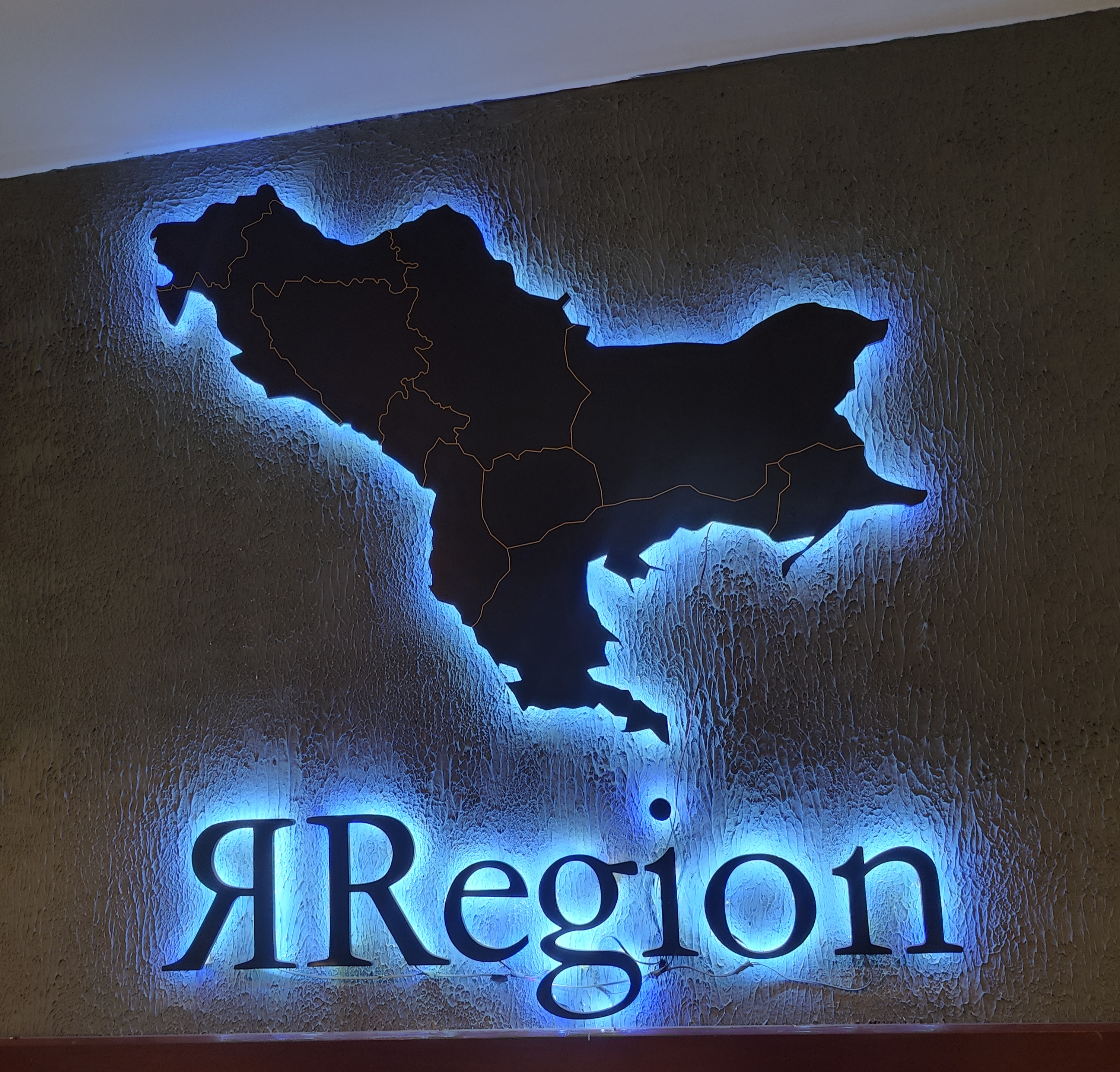



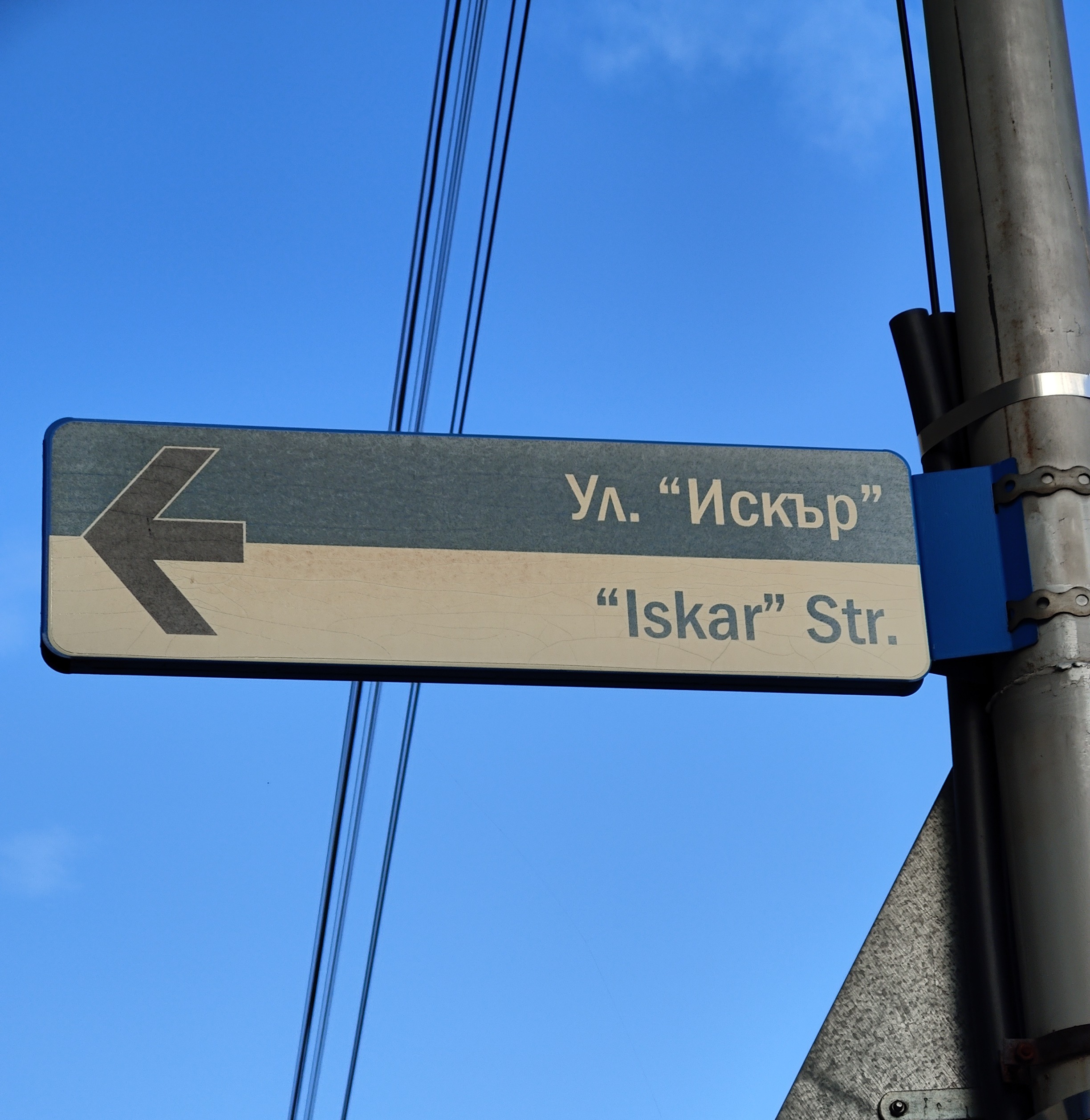

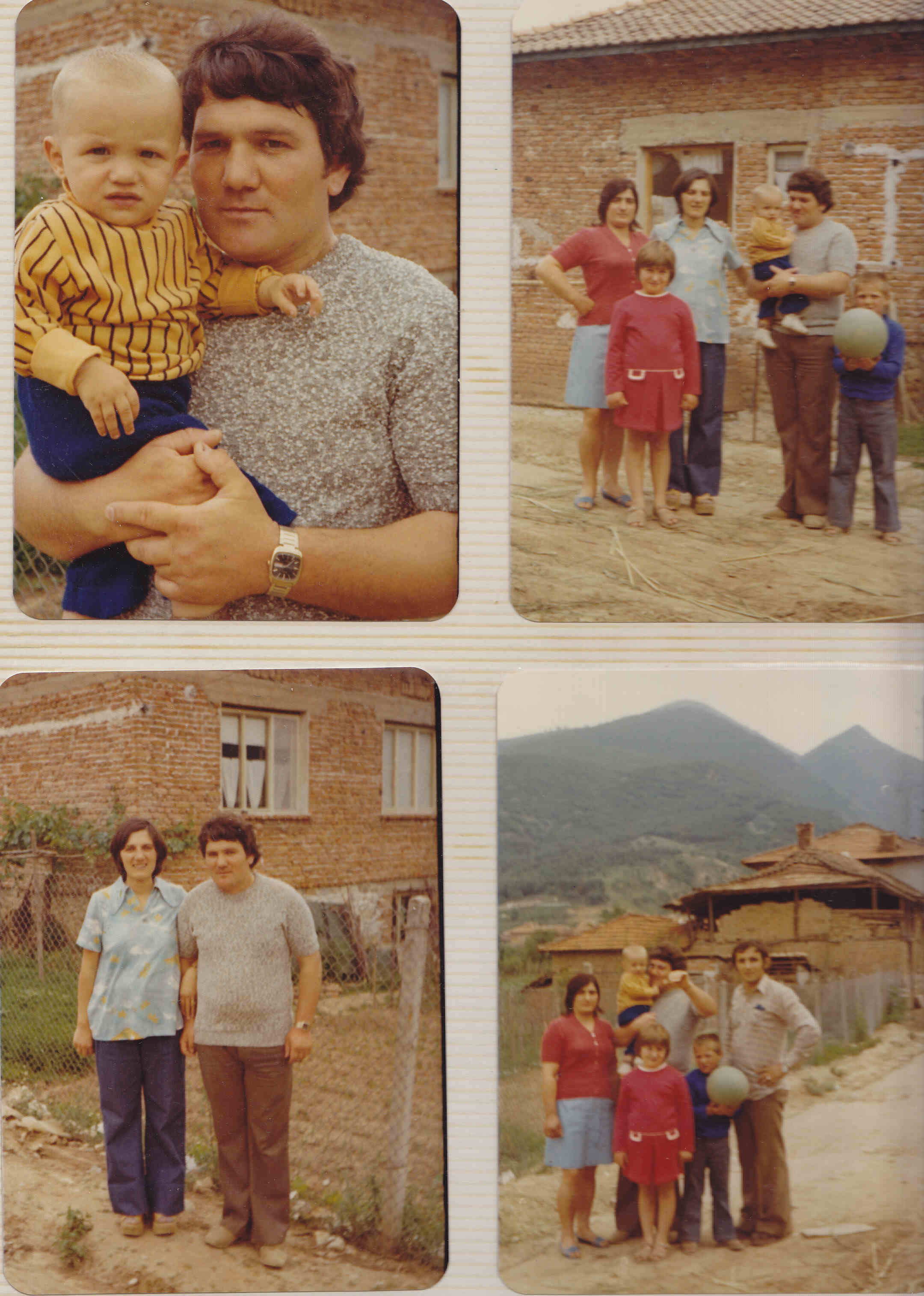
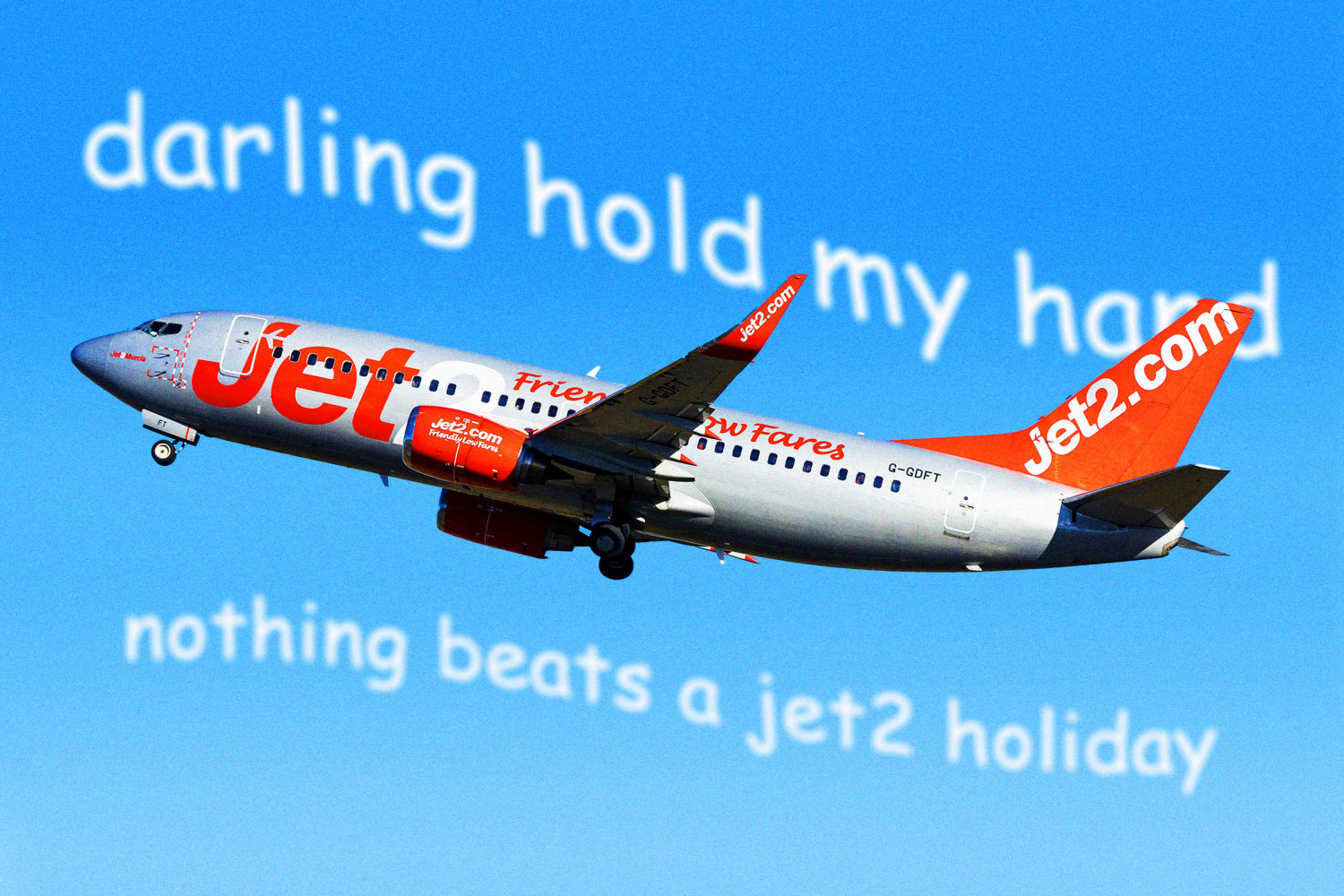



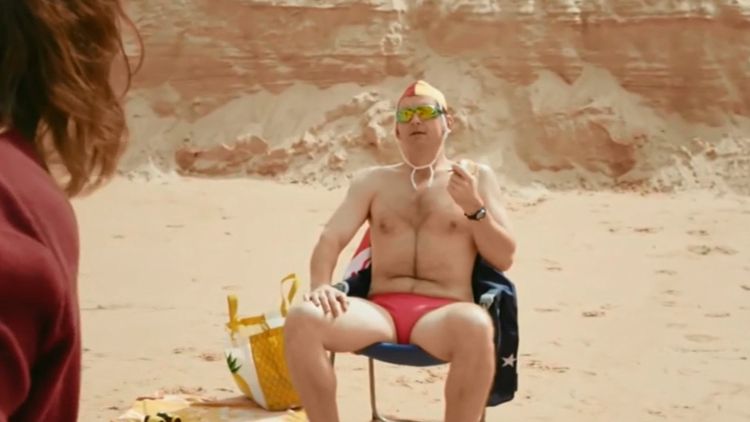





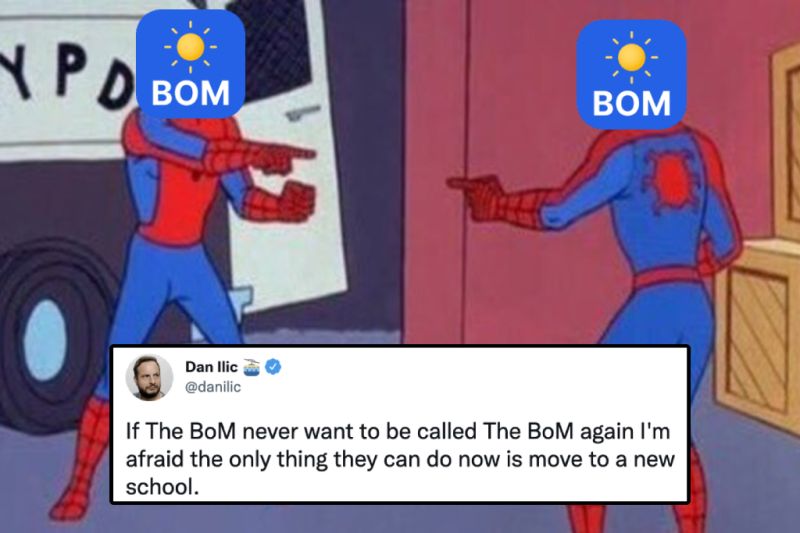
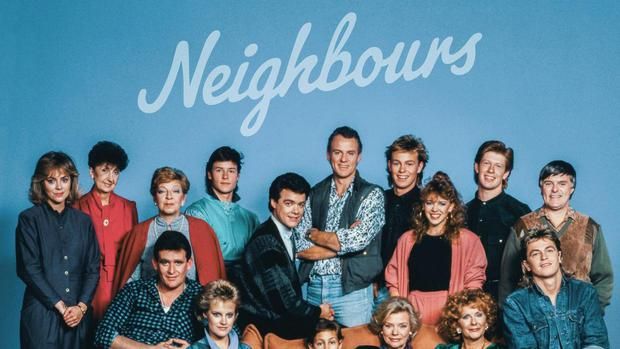




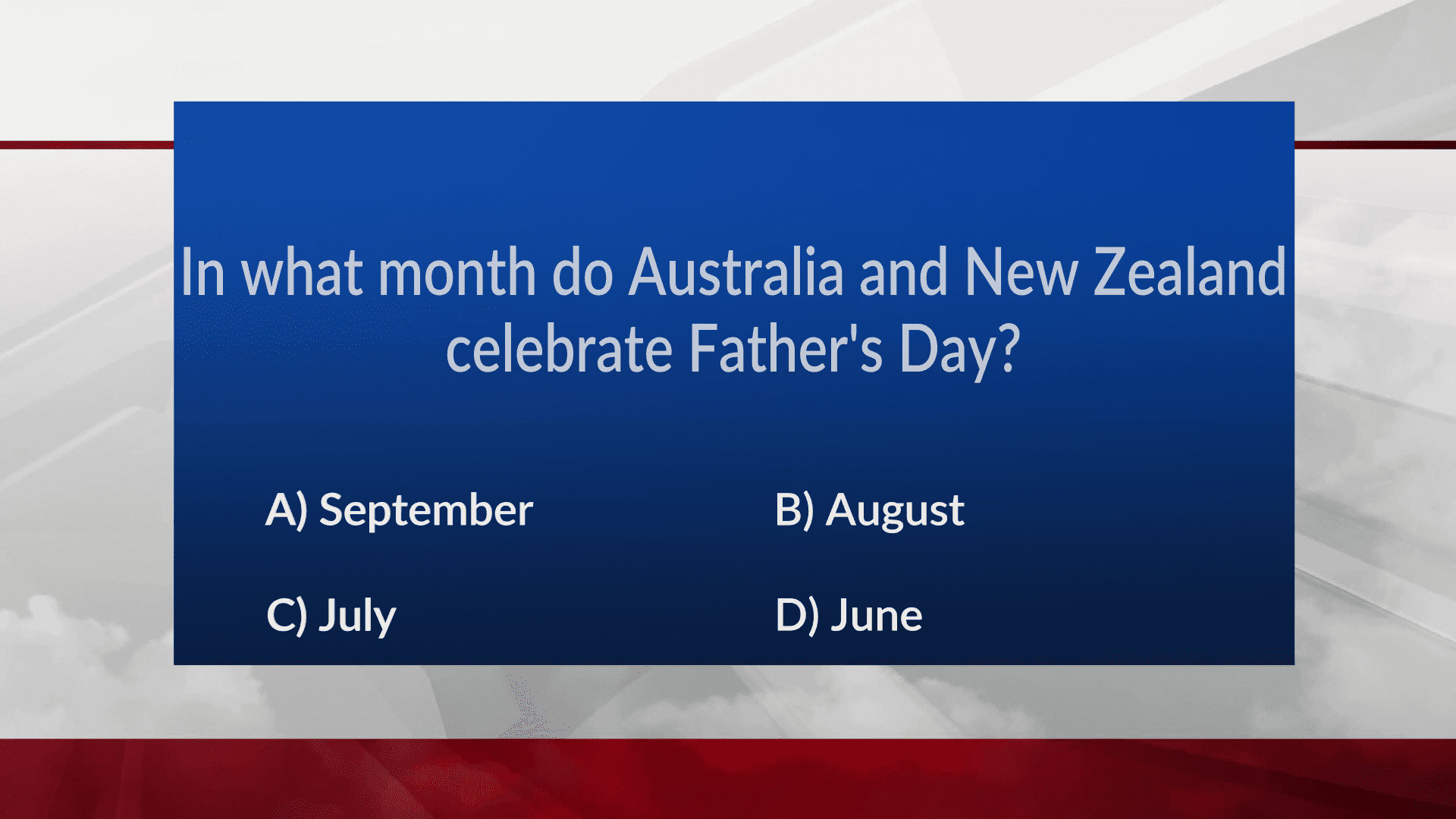












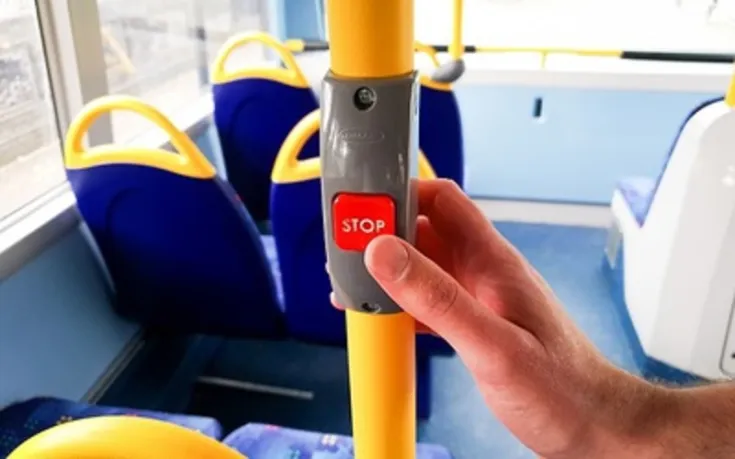








































.%20A%20day%20of%20campaigning%20%E2%99%80%20%E2%80%A6%20or%20a%20day%20to%20buy%20flowers%20%F0%9F%92%90.jpg)
